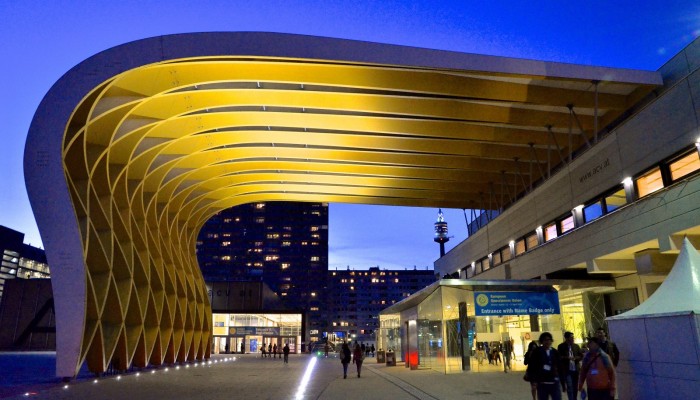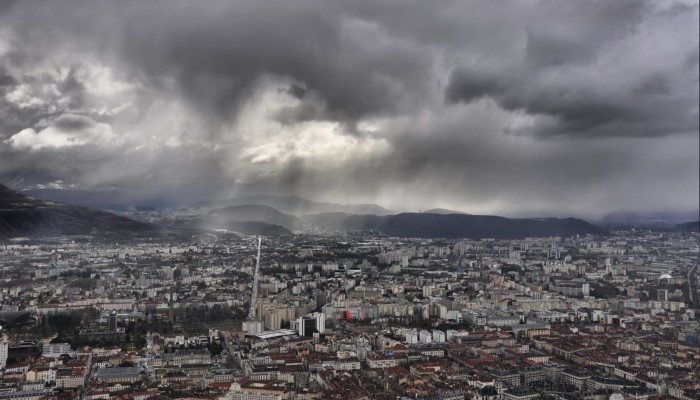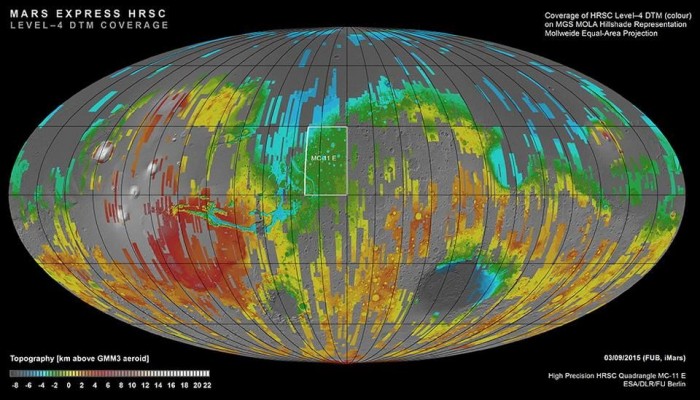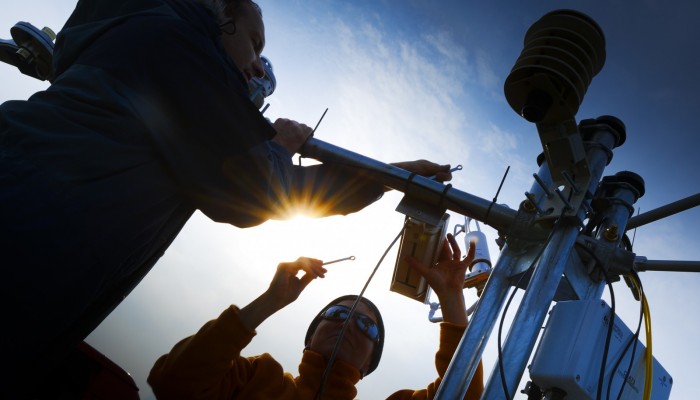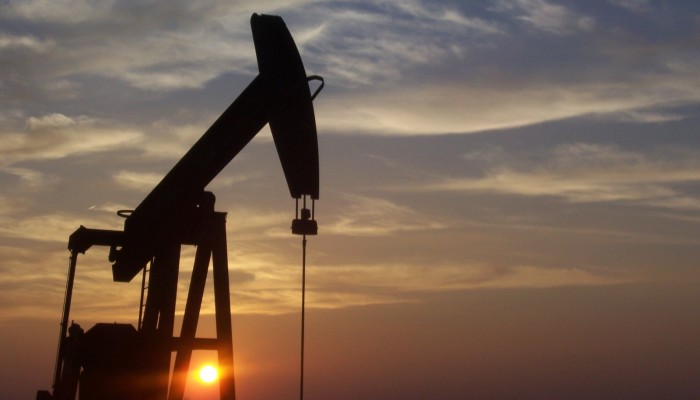The EGU General Assembly brings together geoscientists from all over the world to one meeting that covers all disciplines of the Earth, planetary and space sciences. The conference is taking place in Vienna on 17–22 April 2016, providing an opportunity for both established scientists and early career researchers to present their work and discuss their ideas with experts in all fields of the geosci ...[Read More]
If you didn't find what you was looking for try searching again.
GeoLog
The Sustainable Geoscientist – how many papers should academics really be publishing?
In this guest blog post, Nick Arndt, Professor at the Institut des Sciences de la Terre, Grenoble University, reflects on the pressures on academics to publish more and more papers, and whether the current scientific output is sustainable. Imagine a highly productive car factory. Thousands of vehicles are built and each is tested as it leaves the factory; then it is stored in an enormous parking l ...[Read More]
GeoLog
GeoPolicy: An expert discussion on ozone – working at the science-policy interface
Erika von Schneidemesser is our first guest blogger for the newly established EGUPolicy column. Erika is a Research Scientist at the Institute for Advanced Sustainability Studies based in Potsdam, Germany. Her post gives an insight into working at the science-policy interface by describing a recent project she has been involved in. As scientists and researchers we are increasingly being asked to c ...[Read More]
Seismology
Post-doctoral position in seismology at ICTP
Post-doctoral position in seismology is available at the Earth System Physics (ESP) section of the International Centre for Theoretical Physics (ICTP). The position is funded by the GENERALI Group – a major player in the global insurance industry, in the framework of a research project integrating earthquake fault studies and simulations of the ground-motion. ICTP offers internationally comp ...[Read More]
GeoLog
Mars Rocks – introducing a citizen science project
GeoLog followers will remember our previous report on Citizen Geoscience: the exciting possibilities it presents for the acquisition of data, whilst cautioning against the exploitation of volunteered labour. This blog presents a Citizen Science platform that goes beyond data collection to analysis, specifically for geological changes in remote sensing imagery of Mars. Jessica Wardlaw, a Postdoctor ...[Read More]
GeoLog
There are even more benefits to choosing a PICO session at EGU 2016!
Some of the sessions scheduled for the upcoming EGU General Assembly are PICO only sessions. This means that, rather than being oral or poster format, they involve Presenting Interactive COntent (PICO). The aim of these presentations is to highlight the essence of a particular research area – just enough to get the audience excited about a topic without overloading them with information. PICO sess ...[Read More]
GeoLog
Imaggeo on Mondays: Science in action – how will climate change affect Central Europe?
The effects of a warming climate are expected to be far reaching. Sea-level rise, and how it will affect costal settlements make regular headlines, and not without reason. However, climate change may have other less obvious but equally dangerous impacts; for example, take a look at this recent piece highlighting the increased risk of storms and droughts in mainland Europe. The area of Saxony-Anhal ...[Read More]
GeoLog
Geosciences Column: Earthquakes and depleted gas reservoirs; what comes first?
An ever growing population means the requirement for resources to fuel our modern lifestyles grows too. Be it in mining, oil/gas extraction or the improvement of renewable technologies, the boundaries of where and how we access resources are constantly being pushed. Previously inaccessible resources become viable prospects as demand increases and our technological know-how advances. Hand in hand w ...[Read More]
VolcanicDegassing
Volcanoes of the Ethiopian Rift Valley
The great Rift Valley of Ethiopia is not only the cradle of humankind, but also the place on Earth where humans have lived with volcanoes, and exploited their resources, for the longest period of time. Perhaps as long ago as 3 Million years, early hominids began to fashion tools from the volcanic rocks from which the Rift Valley was floored, including basalt and obsidian. The Ethiopian Rift Valley ...[Read More]
Seismology
Seismix 2016
Seismix 2016 Dates: Sunday May 15 to Friday May 20, 2016 Location: Macdonald Aviemore Resort, Aviemore, Scotland Seismix is an international symposium on seismic imaging that is held every two years. The first meeting was held at Cornell in 1984, and since that time, it has visited Canada, Australia, Finland, China, Spain and many other places around the world. The original motivation for Seismix ...[Read More]

